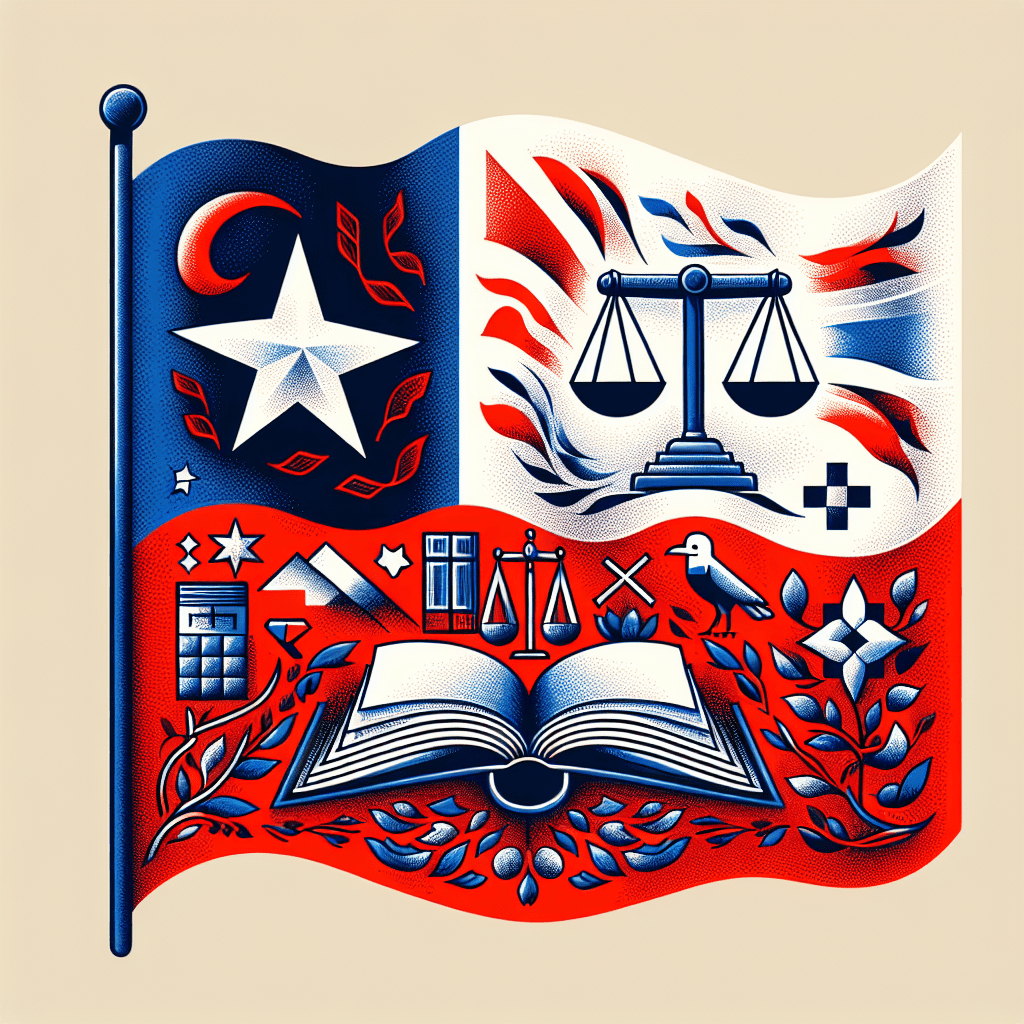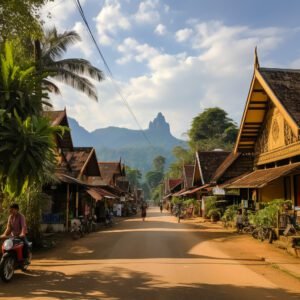Cultural Norms and Rules in Cuba
Introduction
Traveling to a new country is an exciting adventure, but it’s essential to respect and understand the rules and cultural norms of your destination. By familiarizing yourself with the local customs, you can have a more enriching and enjoyable experience while also showing respect for the local culture. In this article, we will explore the key elements of Cuban rules and cultural norms, offering practical tips for traveling to this vibrant country.
Key Elements
Element 1: Greetings and Etiquette
When meeting someone in Cuba, it is customary to greet them with a handshake or a kiss on the cheek, particularly if they are a close friend or family member. Cubans are warm and friendly, so don’t be surprised if you receive a hug or a pat on the back during conversations. Additionally, it is polite to address people using their formal titles, such as “Señor” or “Señora,” followed by their surname.
Element 2: Dress Code
Cubans tend to dress modestly, especially when visiting religious sites or government buildings. It is advisable to avoid wearing revealing or provocative clothing in public areas. Instead, opt for comfortable and casual attire to fit in with the local style. Remember to pack light and breathable clothing, as the island’s tropical climate can be quite warm.
Element 3: Cultural Respect
Respecting the Cuban culture is of utmost importance. Avoid discussing sensitive political topics unless specifically invited to do so. Cubans take pride in their heritage, so show interest and appreciation for their music, art, and traditions. Embrace the lively atmosphere of salsa music and consider taking a dance lesson during your visit.
Element 4: Currency and Tipping
Cuba has its currency known as the Cuban Convertible Peso (CUC). It is crucial to exchange your currency into CUC upon arrival. Most businesses in tourist areas accept major foreign currencies, but it is advisable to have some CUC on hand for local markets or smaller establishments. When it comes to tipping, it is customary to leave a 10% gratuity in restaurants if the service was satisfactory.
Element 5: Safety and Security
Cuba is generally a safe country for travelers, but it is essential to remain vigilant and take necessary precautions. Keep your valuables secure, avoid walking alone at night in unfamiliar areas, and be cautious of pickpockets, particularly in crowded tourist spots. It is also advisable to only take registered taxis and be wary of unofficial tour guides who may overcharge or provide misleading information.
Tips for Traveling to Cuba
- Study Cuban History and Culture: Before your trip, take the time to learn about Cuba’s history and culture. This will not only enhance your experience but also help you understand the local perspective.
Pack Accordingly: In addition to lightweight and breathable clothing, don’t forget essentials such as sunscreen, insect repellent, and any necessary medications. It is not always easy to find specific items in Cuba, so it’s best to come prepared.
Learn Basic Spanish Phrases: While many Cubans can communicate in English, knowing some basic Spanish phrases will greatly assist you in navigating day-to-day interactions and showing respect to the locals.
Try Local Cuisine: Cuba is famous for its delicious cuisine, such as the classic Cuban sandwich and the refreshing mojito. Venture beyond tourist areas to try authentic local dishes and visit paladares, privately-owned restaurants, for a unique dining experience.
Stay in Casa Particulares: Consider staying in Casa Particulares, which are privately-owned guesthouses. This not only provides a more authentic experience but also supports local business owners.
Disclaimer:
The information provided in this article is for informational purposes only. It is essential to consult official travel advisories and research the most up-to-date rules and regulations before visiting Cuba. Following local laws and cultural norms is crucial for a safe and respectful travel experience.



